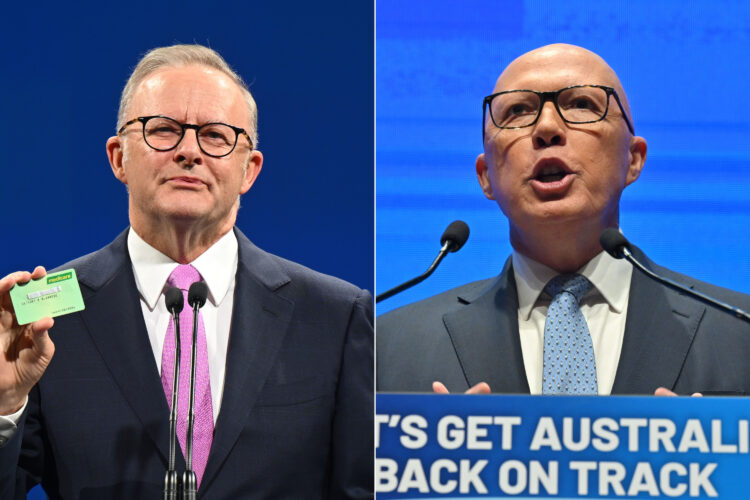Anthony Albanese also appeared on ABC radio Melbourne this morning to talk more about his favourite line this morning ‘that Peter Dutton is too reckless to be prime minister’.
Q: Why reckless?
Albanese:
Because it endangers, you cannot verbal the leader of one of our major friends in Indonesia. It’s an extraordinary thing to do.
Q: PM, can I interrupt? I just want everyone to know what we’re talking about. I’ve got, Peter Dutton was saying you should have known about this before the media did. If I can just play the statement you’re referring to.
(Plays Dutton speaking to Afternoon Briefing)
Peter Dutton:
Did the Prime Minister know about this before it was publicly announced by the President of Indonesia? And what is the Government’s response to it.
Q: So why, why is that reckless? He’s just trying to –
Albanese:
That’s the point. It wasn’t announced by the President of Indonesia. Indonesia are having nothing to do with such a plan. They have made it very clear. He has fabricated a statement by the President of Indonesia that simply did not happen, based upon goodness knows what, but based upon something that simply wasn’t fact. Now, when you deal with our international partners, what you need to do is to have a considered approach. Deal with them in a respectful way, not verbal the President of our nearest major power, just to the north of Australia, based upon some media report. One of Peter Dutton’s problems, just one of them, is that he always dials things up to 11. He always shoots from the hip. And when you are either the Prime Minister or the alternative prime minister of this country, what you need to do is to have a considered approach to our international relations. I have had to spend this term repairing relations with friends like France, friends in ASEAN, in the Pacific. And what Peter Dutton has reminded people of is just how reckless he can be.




Loading form…